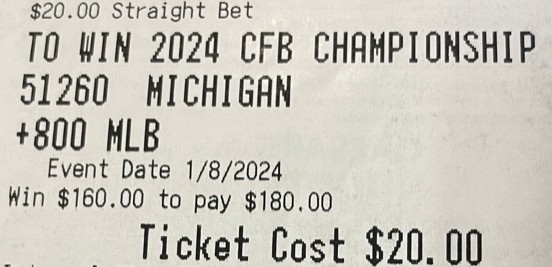Sports Betting Regulation and Integrity.
Within the last week a college baseball coach has been dismissed, and other college athletes and coaches are being investigated in connection with their prohibited participation in sports betting and the use of insider information. This challenge to the integrity of the games and of sports betting may slow the expansion of sports betting. Yet, the same challenges exist where sports betting is unregulated and illegal. One virtue of regulated sports betting is that the operators and regulators can more easily find problems like these because they are using computers to analyze wagering data across many states. With illegal betting markets, there is less transparency and fewer tools to detect and report suspect activity.
Integrity is essential in sports betting because the outcome of a game or event has to be fair and perceived to be fair. When integrity is compromised, it can lead to a loss of fans and sponsors, and public resentment against the companies and institutions that are supposed to be ensuring that there is a level playing field. Moreover, when anyone succeeds in manipulating the outcome of a game or event, it only encourages others to try the same thing.
Sports betting requires a healthy system of regulations and oversight, including:
- Integrity: Regulations should include having operators monitor betting activity, and investigate and report suspicious activity. There must be consequences for those who engage in illegal practices or are negligent in preventing cheating or manipulation. Legislators and regulators must also consider whether betting should be permitted for amateur sports where players are unpaid and may be more easily tempted by financial inducements.
- Minors: Regulations should protect minors from the potential harms of sports betting, including age verification for transactions and wagers, and barring advertising that specifically targets minors.
- Consumer Protection: Regulations should protect consumers from fraudulent or unfair practices by operators, assure adequate financing and security for player funds, and provide dispute resolution for consumers.
- Responsible Gambling: Regulations should promote responsible gambling, including setting limits on deposits or wagers, and having operators monitor the behavior of customers for signs of problem gambling.
- Data Privacy: Regulations should protect the privacy and security of personal data.
- Collaboration: Regulations should promote collaboration and cooperation between operators and regulators. This will help to ensure that regulations are effective, efficient, and enforceable.
By following these principles, regulations can ensure that sports betting is conducted in a secure, fair, and responsible way.

 Skip to content
Skip to content